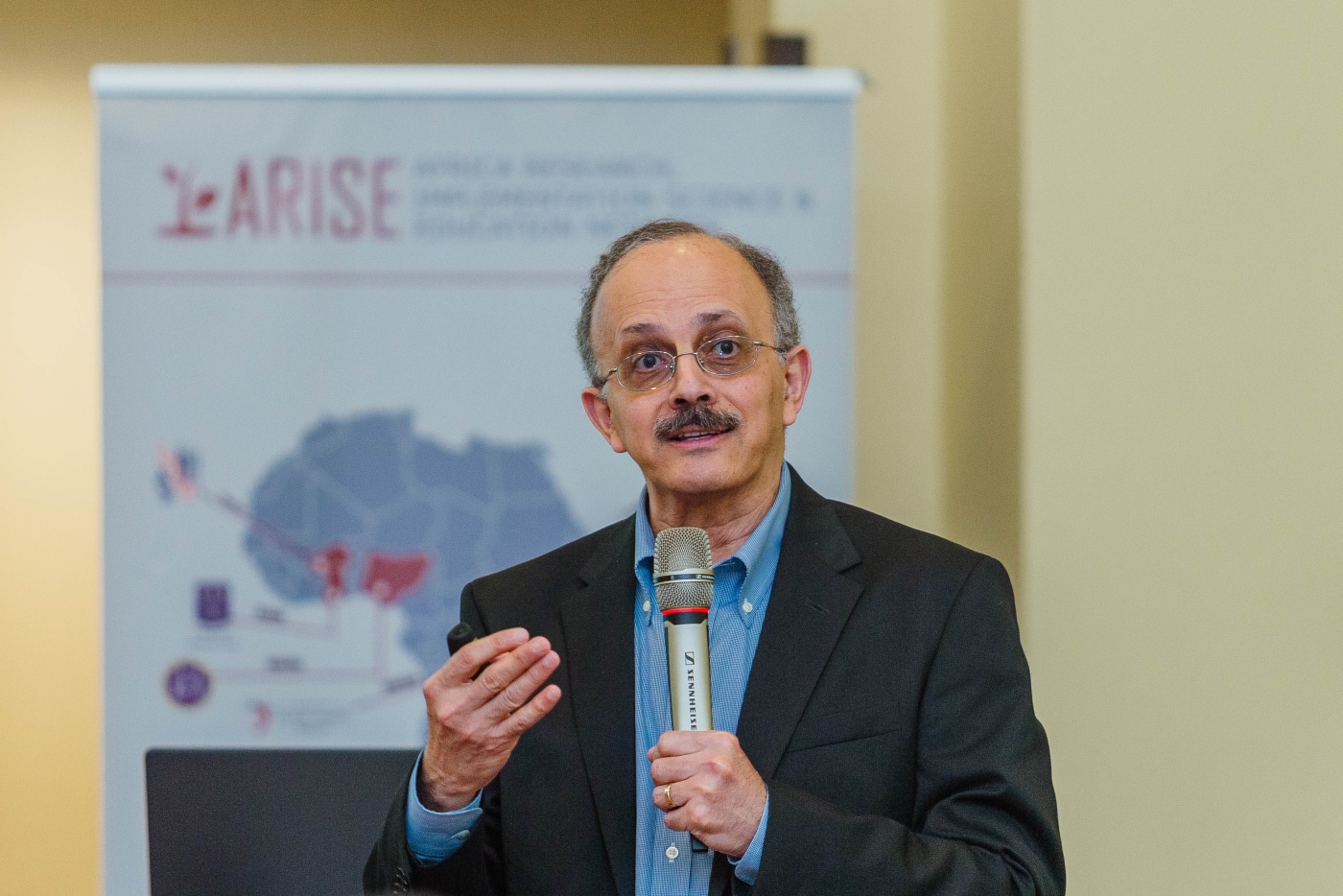
In 2022, the Africa Centers for Disease Control and Prevention issued a Call to Action for Africa’s New Public Health Order that underscored the need for increased capacity in the public health workforce. Additional domestic and global investments in public health workforce development are central to achieving the aspirations of Agenda 2063 of the African Union, which aims to build and accelerate the implementation of continental frameworks to effect equitable, people-centered growth and development. Recognizing the pivotal role of higher education and research, the Africa Research, Implementation Science, and Education (ARISE) Network assessed the capabilities of public health doctoral training in schools and programs of public health Africa across three domains: instructional, institutional, and external.
Six interrelated and actionable recommendations were derived to advance training, research, and practice capacity within and between universities. These can be achieved through equitable partnerships between universities, research centers, and national, regional, and global public health institutions. Our recent report, “Future of doctoral public health education in Africa: Transforming higher education institutions to advance research and practice” details the existing public health research training landscape at the doctoral level in Africa and identifies areas of focus for the development of innovative and sustainable programs. We are currently in the process of disseminating results from the project and our manuscript is under review at Lancet Public Health.
At this meeting, members of the ARISE Network and distinguished stakeholders convened to discuss how to collectively move from ideas to action. The focus centered on advancing the recommendations from our collaborative work on doctoral public health training in Africa. Participants explored opportunities to advance public health training toward the development of a joint proposal for funding.
